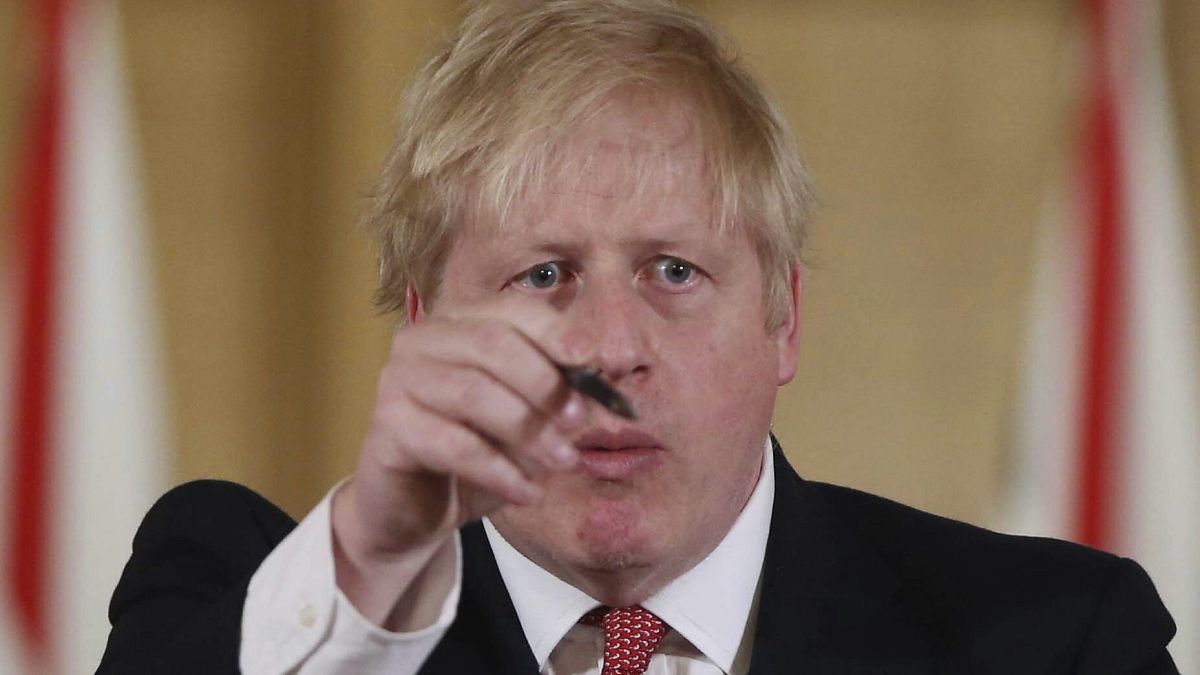The new law gives the government sweeping powers to grant more authority to the police and allocate millions in funding for Britain's struggling NHS.
The United Kingdom has passed a new law which gives Prime Minister Boris Johnson sweeping new powers to deal with a mass coronavirus outbreak.
As well as increasing funding to the NHS to allow as many as 15,500 doctors and 10,600 nurses to return to work having retired or left the profession, the Coronavirus Act 2020 gives the government the power to close down ports, train stations and airports.
It also gives UK police the power to detain people that they believe are infected with COVID-19 and make it a criminal offence to resisting officers for this reason.
While admitting that giving the police and immigration officials such a broad remit “would be highly likely to be controversial” the government says that existing powers make it impossible to compel individuals to get tested or prevent them from infecting others.
The law comes amid growing controversy over reaction to the virus in Britain, where almost 10,000 people are believed to be infected and 477 have already died.
On Sunday, Johnson told Britons to stay at home after the government ordered all schools to close the previous Friday.
NHS fears
The Coronavirus Act 2020 also comes amid fears that Britain’s struggling National Health Service would be unable to cope if thousands more contracted coronavirus.
The government is frantically attempting to re-register retired doctors, nurses, paramedics, social workers and nursing assistants, as well as almost 30,000 final-year medical students.
But many are prevented from doing so by clauses in their pensions, which do not allow them to work more than 16 hours per week after retiring.
The new law also addresses the prospect of a food shortage in Britain as the coronavirus crisis intensifies, requiring companies to stock goods that are needed by the general public.
The government will also allocate funds to reimburse small and medium-sized businesses that need to give sick pay to their staff.
Estimates suggest that in "peak weeks", coronavirus could see one-fifth of the UK workforce unable to come to work.
Other elements of the bill include the power to order schools to stay open or to provide childcare after hours, in order to care for the children of frontline workers, such as NHS staff.
It will also allow more court proceedings to take place via video link or over the telephone, and make it possible for people to register deaths over the phone, rather than in person.
'Death management'
Much of the bill deals with what it calls the "death management industry", pointing out that the UK currently deals with some 600,000 deaths per year and risked being “rapidly overwhelmed”, as has been the case in Italy.
This includes increasing the capacity of morgues in Britain and increasing operating hours at crematoriums and burial sites.
Many of the provisions of the bill echo situations in other European countries, from the lack of burial facilities and doctors in Italy, to the power of the police to fine people breaking curfews or restrictions on movement, as in France.
The Coronavirus Act 2020 was granted Royal Assent before the UK Parliament shut down on Wednesday.
